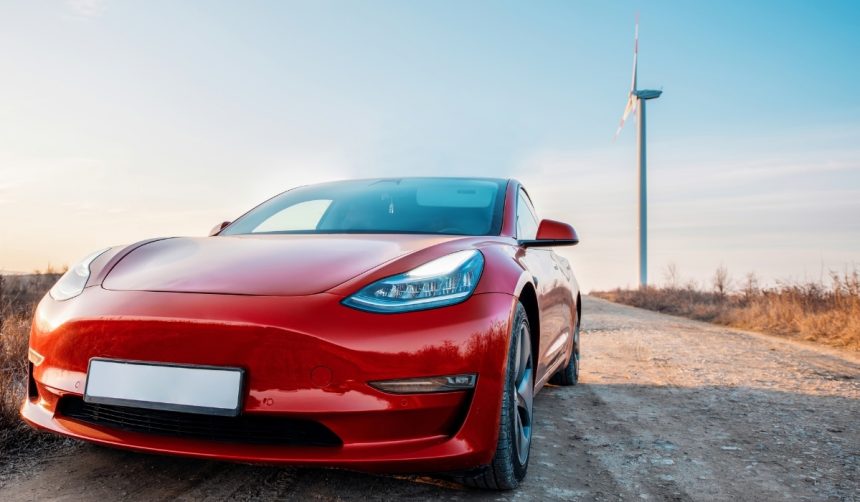Tensions persist as the labor conflict between IF Metall and Tesla Sweden moves into its third year, marking a unique chapter in Sweden’s industrial landscape. While Tesla’s presence has shaped the electric vehicle sector locally, the ongoing standoff draws attention to how global companies adapt—or fail to adapt—to established labor norms in different countries. Continuous frustrations echo not only among Tesla workers, but also among Swedish union advocates who observe the situation closely. The implications stretch beyond Sweden, highlighting broader questions about the relationship multinational companies maintain with local labor institutions.
Other news coverage has underlined the swiftness with which IF Metall began industrial action in 2022, contrasting sharply with Sweden’s history of limited labor conflicts in technology manufacturing. Internationally, Tesla has repeatedly faced labor disputes, but most were resolved more quickly or took distinct legal routes compared to the protracted engagement in Sweden. Early reports suggested the union hoped direct talks would yield a settlement, but the stand-off’s persistence has set it apart, with only minimal changes in the company’s negotiating position or the government’s mediation activity so far.
What Makes Swedish Labor Disputes Different?
Swedish union leader Marie Nilsson has sought to dispel misconceptions that surround the IF Metall strike, stating that collective bargaining in Sweden relies on cooperation rather than confrontation. Addressing Elon Musk directly, she insisted that Tesla recognize the local situation, arguing that the conditions in Sweden differ from what Tesla might expect in the United States.
“I can certainly understand that Elon Musk and Tesla are skeptical of the trade union movement. They have experience with American unions that operate in a completely different environment and that have to be militant in a different way,”
Nilsson explained, emphasizing the unique, consensus-oriented role unions play in Sweden.
Why Does the Strike Last So Long?
Conceding the longevity is without precedent in Swedish labor conflicts, Nilsson acknowledged that IF Metall wishes it had engaged Tesla employees earlier. Nevertheless, the union maintains its determination, motivated by a desire to secure fair collective agreements for its members and prevent Tesla Sweden from bypassing national labor standards. The union’s perseverance continues to test Tesla’s willingness to adapt its policies, while raising the stakes for both sides in the absence of recent arbitration efforts.
Is Tesla Being Treated Unfairly?
Addressing suggestions of unfair targeting, Nilsson rejected claims that Tesla is singled out by the union, citing the company’s status as a major multinational. She stated:
“Tesla is not a poor little company that we are trying to crush in any way. But this is a global player, and we cannot accept that they should have different conditions in Sweden than other entrepreneurs have.”
IF Metall’s willingness to accept greater risks in the labor dispute follows the withdrawal of the Swedish Mediation Institute, signifying the union’s intent to continue pressing for equal treatment of Tesla’s Swedish workforce.
Looking at similar labor disputes internationally, it is clear that the Swedish model—emphasizing social dialogue and consensus—differs sharply from the more adversarial approaches seen in countries like the United States. While Tesla has historically resisted unionization efforts, including those concerning the production of the Tesla Model Y, the protracted nature of this Swedish strike is notable for its endurance rather than escalation. For readers following corporate-labor relations, the situation highlights the significance of understanding and respecting regional industrial frameworks. Companies aiming to succeed in Sweden should recognize that collective agreements are not just formalities but integral to business operations. IF Metall’s persistence underscores how union-driven negotiations endure, especially when national labor traditions are perceived as challenged by foreign-owned corporations. Prospective entrants into the Swedish market may find value in closely studying how such disputes unfold, including the unique blend of patience, legal structure, and public opinion shaping outcomes in these prolonged standoffs.
- IF Metall’s strike against Tesla Sweden has reached its third year.
- The union emphasizes Sweden’s cooperative labor model over American-style confrontation.
- Tesla faces criticism for not adopting local collective agreements.










